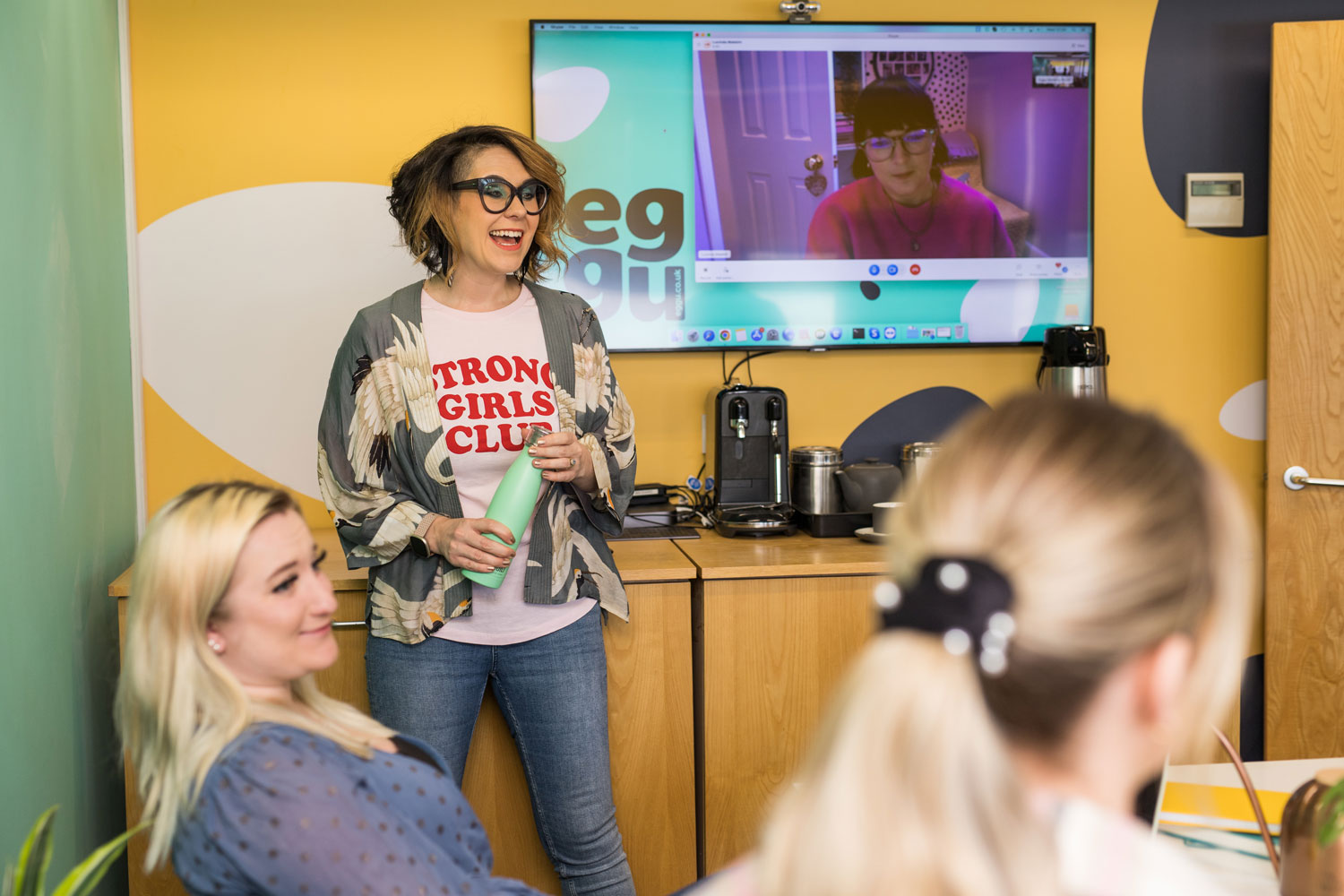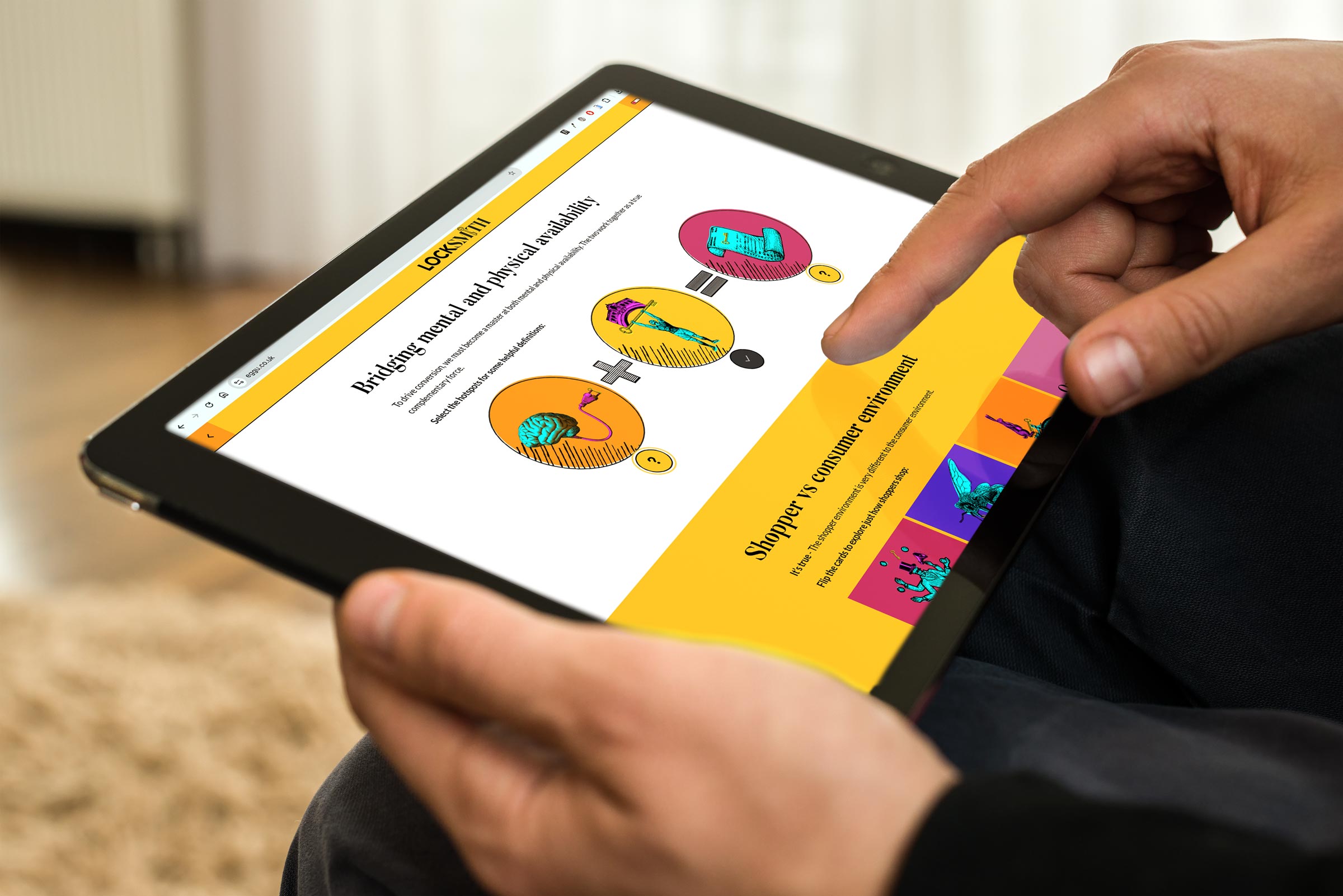
Why localisation matters more than ever in digital learning

Kat |
17th November 2025
Digital learning has opened doors across the world. Today, organisations can reach learners in every region, time zone, and language – all with the same course.
But here’s the catch. If that course only speaks one language, or doesn’t reflect the learner’s culture, the experience can quickly lose impact.
Learning hits harder in your own language
True learning happens when the content feels like it was made for you – in your language, using examples you understand, and visuals that feel familiar.
Research shows people learn better in their native language. When learners can read, listen, and interact in words that feel natural, they stay engaged longer and remember more.
And it’s not just about understanding the content. When training feels local but still clearly reflects the organisation’s brand, it also sends a powerful message: you belong here. It builds trust and a sense of inclusion.

More than words – it’s about culture
Mighty gives Rise a creative boost – more flexibility, more polish, same simplicity. Localisation isn’t just translation. It’s about making learning fit the learner’s world.
That means thinking about things like:
- Local sayings, examples, and references
- Colours, imagery, and people that feel familiar
- Regional rules or compliance differences
- Accessibility and reading direction (like right-to-left languages)
When learning looks, sounds, and feels local, it’s far more likely to land with impact.
Why localisation is now essential
In some industries, delivering training in a local language isn’t just nice to have – it’s a legal requirement. But even beyond compliance, localisation shows care. It’s about inclusion and accessibility – making sure every learner, everywhere, gets the same quality of experience.
An English-only course might once have been acceptable, but in a global workforce, it now feels outdated. Localisation tells people: we see you, and this is for you.
The technology has finally caught up
For years, translating e-learning was slow and complicated. You had to rebuild or manually edit each version. A nightmare for global teams!
Now, AI-powered tools are changing that. Our current favourite on the market is Articulate Localization (part of the Articulate 360 suite) and modern workflows like XLIFF export/import, you can:
- Translate courses instantly into 80+ languages
- Keep a glossary so brand terms stay consistent
- Let reviewers check and approve translations right in the platform
- Manage all language versions as one single project
- Publish all languages together in a single package
It’s faster, smarter, and crucially affordable. If you already use Articulate 360, you can even update your translated courses at no extra cost within the same subscription.

Built for modern learning teams
Articulate Rise 360 has always been known for its simplicity and speed. Now, with built-in localisation, it’s even better suited to global learning projects.
Courses automatically adjust layouts for different text lengths and support right-to-left languages like Arabic and Hebrew. That means less time fixing formatting and more time focusing on great learning design.
Sure, AI translation isn’t perfect. Complex or technical topics still need that human eye – but for most learning content, it’s an excellent starting point.
How other tools compare
From our research, Gomo stands out as another strong player in this space, supporting over 160 languages. It’s great for very large-scale global rollouts.
That said, its design options are a bit more limited compared to Articulate Rise, especially now that Rise can be enhanced with custom design tools like the Maestro “Mighty” plugin, which gives teams more freedom to match their course design to their brand style.
So, if you need wide language coverage, Gomo is powerful. If you want a balance of translation efficiency and beautiful, brand-aligned design, Rise is hard to beat.
The impact of getting it right
When localisation is done well, everyone benefits:
- Learners engage more and complete more courses
- You save time and money by avoiding rework and support calls
- Global teams roll out training faster and more consistently
- Compliance standards are easier to meet
- Your brand feels strong and connected across every region

The bottom line
In today’s connected world, localisation isn’t a luxury – it’s a necessity. It transforms digital learning from a one-size-fits-all broadcast into a personal, meaningful experience.
At its heart, localisation is about people. It’s about making every learner feel seen, valued, and included, no matter where they are in the world.
When training speaks a learner’s language and reflects their culture, it shows respect and builds connection. That’s when digital learning stops being just information delivery and starts becoming real communication.
The future of learning is global, and global learning only works when it feels local.
As experts in Articulate 360 (Rise and Storyline) elearning design and development, Eggu are the perfect partner to support you in creating affordable, branded learning experiences, delivered in multiple languages.


